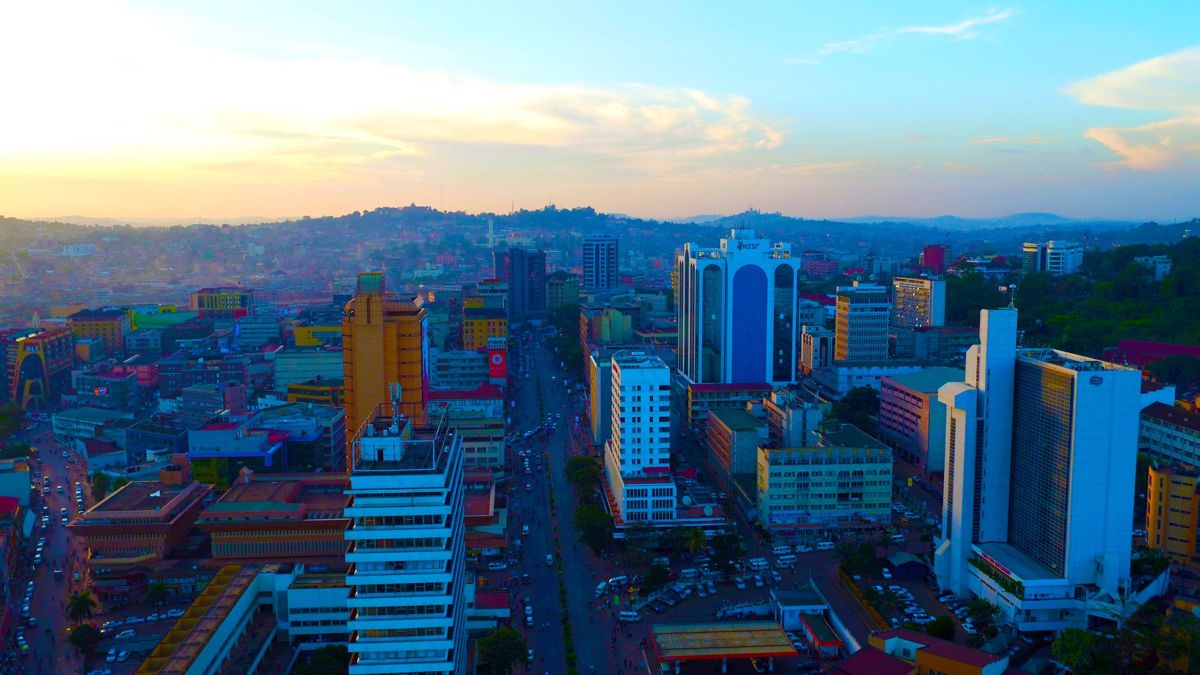The betting and gaming landscape in Kenya is undergoing significant shifts, with the Kenyan Government implementing new regulations in a bid to regulate the sector. From higher taxes to stricter advertising regulations, these measures are reshaping the industry.
Insight type: Legal Alert
Enhancing Privacy and Security in the Digital Age in Ethiopia
Ethiopia’s legislative landscape experienced a significant development with the recent approval of the Personal Data Protection Proclamation (PDPP) by the House of Peoples’ Representatives.
Directive on Local Content Compliance Requirements 2024
On 28 February 2024, the President of the Federal Republic of Nigeria issued a directive on Local Content Compliance Requirements (the Directive) aimed at improving foreign participation in the Nigerian oil and gas industry (the industry) and attracting investments into the industry by enabling a conducive operating and investment environment.
The Directive was issued pursuant to Section 100 of the Nigeria Oil and Gas Industry Content Development Act 2010 (the NOGICD Act) and was published in a Federal Government Gazette on 6 March 2024.
Guidelines for Employment Termination on Medical Grounds
In Kenya’s dynamic employment landscape, terminating employees on medical grounds poses significant challenges for employers as employers must weigh between productivity and being sensitive in the face of medical incapacity. While the Employment Act, 2007 (the Employment Act) provides criteria for dismissal by referencing physical incapacity, gaps exist regarding medical incapacity terminations such as mental health issues, creating a dilemma for employers navigating the dismissal process. Given the lack of clarity in the legislation employers have to turn to judicial decisions which play a pivotal role in interpreting and applying employment laws.
Analysis of the Key Provisions and Implications of the Affordable Housing Act, 2024
The Affordable Housing Act, 2024 was gazetted on 19 March 2024 after being signed into law by the President on the same date. The Act serves to implement constitutional mandates regarding the right to accessible and adequate housing and sanitation standards while establishing a mechanism for levies to support affordable and institutional housing. Additionally, the Act provides the legal framework for executing affordable housing programs and projects.
Key Arbitration Caselaw Developments in Uganda
Uganda’s legal system follows the common law tradition where binding legal rules are gradually developed by a hierarchical judiciary that interprets and applies the Ugandan Constitution, statutes passed by Parliament, applicable international treaties, subsidiary laws, the English Common Law and doctrines of Equity, and in limited circumstances, local customary law.
Analysis of the New Competition Act, 2023
In 2022, the Minister of Trade, Industry and Cooperatives (Minister) tabled before Parliament the Competition Bill, 2022 and after undergoing several revisions, it was assented to by the President on 2 February 2024. In the past, there were only sector specific competition laws for example in the banking, telecommunications, and energy sectors therefore the Competition Act, 2023 (the Act) cures this by providing for Uganda’s first ever national law on competition.
CBN Exposure Draft on Regulatory and Supervisory Guidelines for Bureau De Change
The Central Bank of Nigeria (CBN) recently released an exposure draft of the Revised Regulatory and Supervisory Guidelines for Bureau De Change Operations (BDCs) in Nigeria (the Draft Guidelines). The Draft Guidelines seek to amend the extant guidelines for BDCs in Nigeria made in 2015 (the 2015 Guidelines).
Court Voids Fraudulent Preferential Payments Made by Directors of Distressed Company
The High Court recently delivered a ruling in respect of an application by the administrator (the Applicant) of Malde Holdings Limited (the Company) against the directors of the Company and a tenant of the Company. The court allowed the application which sought to void preferential payments made by and for the benefit of the directors of the Company and a third party, who were all unsecured creditors, for two years immediately preceding the onset of insolvency of the Company and whilst the application to place the Company under administration was pending determination by the High Court.
CBN Issues Directives on Foreign Currency Cash Pooling by Banks
The Central Bank of Nigeria (the CBN) in a circular dated 14 February 2024, issued directives to all Authorised Dealers on the requirements for foreign currency cash pooling on behalf of International Oil Companies (IOCs) in Nigeria (the Circular).









